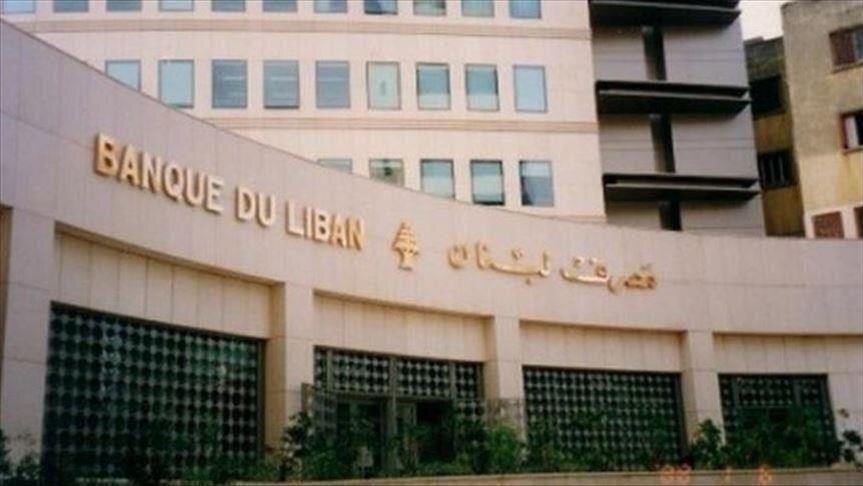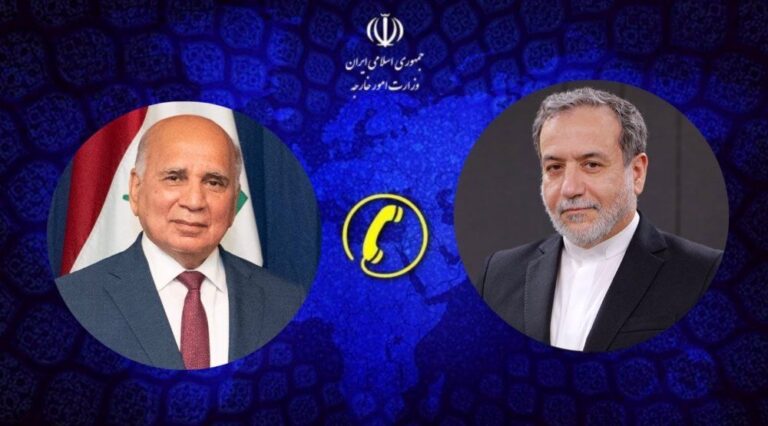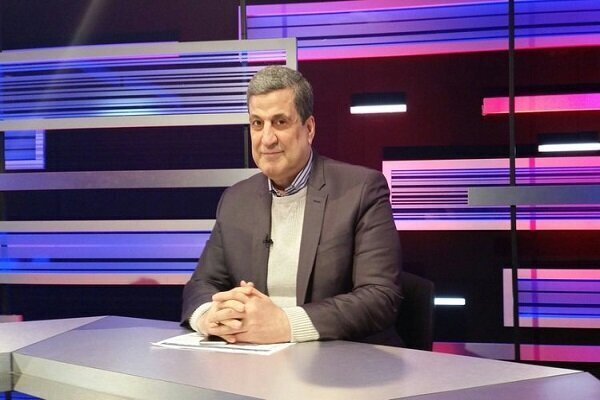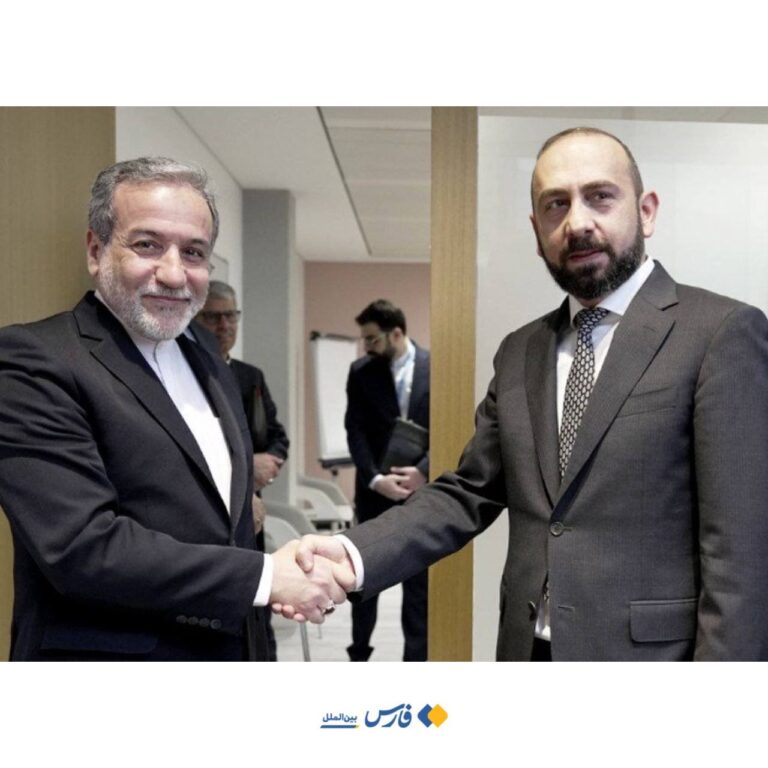Unpacking Washington’s Strategy: Why is the U.S. Targeting Lebanon’s Cash Economy?
As the May 2026 parliamentary elections approach, Washington is intensifying its efforts against Hezbollah and the Amal Movement through a series of stringent punitive measures. These actions are aimed at weakening the financial backbone of these Shiite factions, with the hope that it will motivate their supporters to either boycott their candidates or choose their political rivals.
The U.S. strategy to financially starve the Resistance is a continuation of its broader aggression towards Lebanon. This approach not only seeks to diminish Hezbollah’s military capabilities but also hampers the reconstruction efforts following the devastation caused by the U.S.-backed Israeli assaults.
Key to the implementation of these measures is the de facto regime led by HTS in Syria, which has recently escalated systematic attacks on Lebanon’s Qusayr countryside, located south of Homs. These attacks aim to impose a ground siege on Hezbollah, while Israeli drones surveil the borders to prevent any potential transfer of weapons or funds.
One of the Lebanese government’s significant responses to Israeli threats is the decision to enforce stricter air blockade measures. Following warnings of potential bombings at Beirut airport should any Iranian aircraft land, the government has tightened inspection protocols. This includes:
- Increased scrutiny of all incoming and outgoing flights.
- Dismissal and replacement of numerous employees based on sectarian affiliations, particularly targeting Shiite workers.
Such actions primarily aim to obstruct any cash shipments intended for Hezbollah. Similar measures have also been observed at Beirut Port, where inspection protocols have undergone extensive modifications. The changes include:
- Revisions to inspection mechanisms and screening areas.
- Terminations of Shiite employees following accusations propagated by anti-Hezbollah media and political figures.
Meanwhile, the U.S. embassy in Beirut acts as a surveillance hub, closely monitoring financial transfers and commercial transactions to ensure Hezbollah does not benefit from them. The appointment of Karim Said as the new governor of Banque centrale du Liban has further solidified Washington’s grip on the Lebanese banking sector. This includes:
- Stricter regulations on account openings.
- Enhanced control over foreign transfers.
- Voluntary freezes on certain accounts.
- Intensive scrutiny of commercial transactions associated with Hezbollah.
Exchange companies now face substantial penalties from the Banque centrale du Liban if they engage with individuals or entities deemed close to Hezbollah, often based on mere suspicion. This strategy aims to pressure Hezbollah’s support base, encouraging them to rise against the organization.
Moreover, there is a concerted effort to restrict cryptocurrency purchases, as these transactions present challenges in monitoring due to the inherent nature of blockchain technology. Washington is particularly focused on completing what the Israeli military initiated during the recent U.S.-led Israeli conflict from September to November, which involved bombing several of Hezbollah’s banking institutions, including Al-Qard al-Hassan. This institution serves as a crucial funding source for Hezbollah’s popular base and its various service organizations.
It is important to highlight that during the financial crisis that erupted in 2019, Al-Qard al-Hassan did not exploit depositors’ funds, unlike the banks owned by the political oligarchs protected by Washington. Instead, it operates as a non-profit cooperative, providing accessible loans to a broad segment of the Lebanese population.
Consequently, during the recent aggression, anti-Resistance media launched a campaign to vilify Al-Qard al-Hassan, threatening severe repercussions against those who engage with it. This campaign reflects the ongoing efforts to isolate Hezbollah financially and politically.
The implications of these punitive measures extend beyond immediate financial constraints. They aim to shape the political landscape in Lebanon by diminishing Hezbollah’s influence and altering the dynamics of the upcoming elections. As Washington continues to leverage its resources against Hezbollah and the Amal Movement, the effects of these strategies will unfold in the lead-up to May 2026, potentially reshaping Lebanon’s political future.






